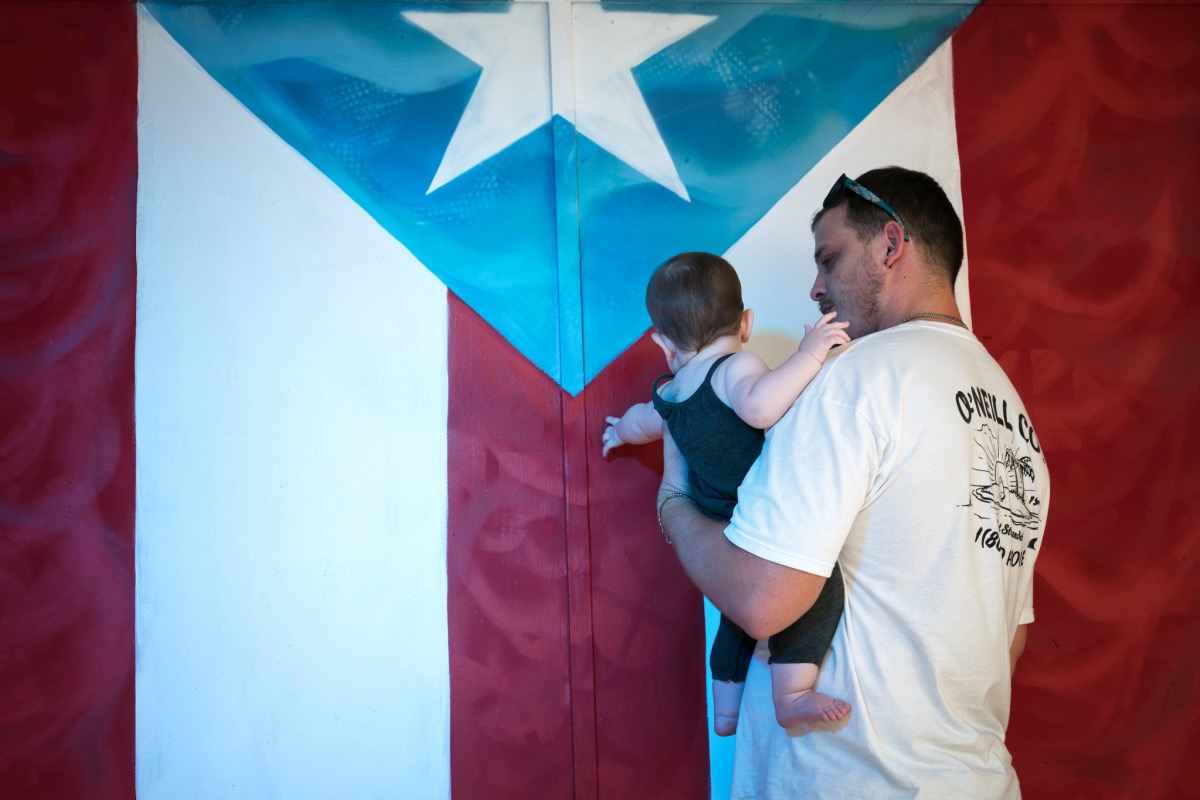CAROLINA, Puerto Rico — Some positive steps from Congress have helped mitigate the economic impact of natural disasters in Puerto Rico. Still, new rules threaten the economic security of families with children and undercut their path to economic mobility.
Here’s some of what Congress got right.
A 2021 expansion of the Child Tax Credit (CTC) granted families more support and expanded eligibility. This was nothing short of transformational. Child poverty went down a whopping 16 percent and, by some estimates, about 47,000 families with minors were lifted out of poverty—a 29 percent reduction. Extreme child poverty went from 35 percent to 14 percent.
Along with an improvement of the Work Credit, the territory’s version of the Earned Income Tax Credit (EITC), this meant an unprecedented change in Puerto Rico.
New research by the Instituto del Desarrollo de la Juventud (IDJ) found that families used the CTC in a balanced way: Twenty-six percent mostly saved it and 35 percent mostly used it to pay off debts. It also brought peace of mind to 43 percent of the participants of our digital survey. For one in every four families, it meant buying better quality food or not running short of supplies by the end of the month.
For one mother in Ponce who was finally able to buy a car, this meant a respite from walking to and from the supermarket many times a week, with her son helping her carry grocery bags. She told us that her son cried when he saw the car. Then there is the mother in Bayamón who bought her child a bedroom set because her son, at eight years old, still slept in a crib in which he no longer fit.
Through our research, we found countless accounts like these. Taken together, they paint a picture in which, with more resources and tailored measures, the people of Puerto Rico can thrive in our island —our home— and Puerto Rico can be more prosperous.
Yet, for 2022, the rules that fostered such unprecedented improvements were changed. Families in Puerto Rico now face a lower benefit ceiling, exclusion of 17-year-olds from the benefit, and work requirements. These limitations mean that some 80,000 families in Puerto Rico may no longer be eligible.
While the CTC rules in place in 2021 eliminated the difference in treatment between Puerto Rico and the States, with the 2022 rule change, such differential treatment has made a comeback. Due to the way the CTC is calculated for people who do not have federal taxable income, a Puerto Rican mother with one child has to earn almost twice as much as a mom in the United States to receive the maximum benefit.
The good news is that Congress can eliminate the discrepancy and allow families in Puerto Rico to obtain the benefit based on the same calculation as those who reside in the States. Congress also has the option of making the CTC fully refundable at $2,000 per minor.
The government of Puerto Rico must also do its part. Recognizing the uncertainty many families with children face, 12 states have implemented a local CTC in a variety of forms. California, for example, offers $1,000 per family with income up to $25,000 and children under the age of six, while New Jersey offers $500 per child up to age five.
At the IDJ we call on the government of Puerto Rico to consider the implementation of a local CTC.
The expanded CTC in 2021 was transformative, but it was short-lived. There is still time to make the necessary adjustments to the CTC so that we can continue transforming the lives of families with children, promoting their mobility, and securing their economic future.
***
Dr. María E. Enchautegui is the Director of Research and Public Policy at the Instituto del Desarrollo de la Juventud. Twitter: @IDJ_PR



